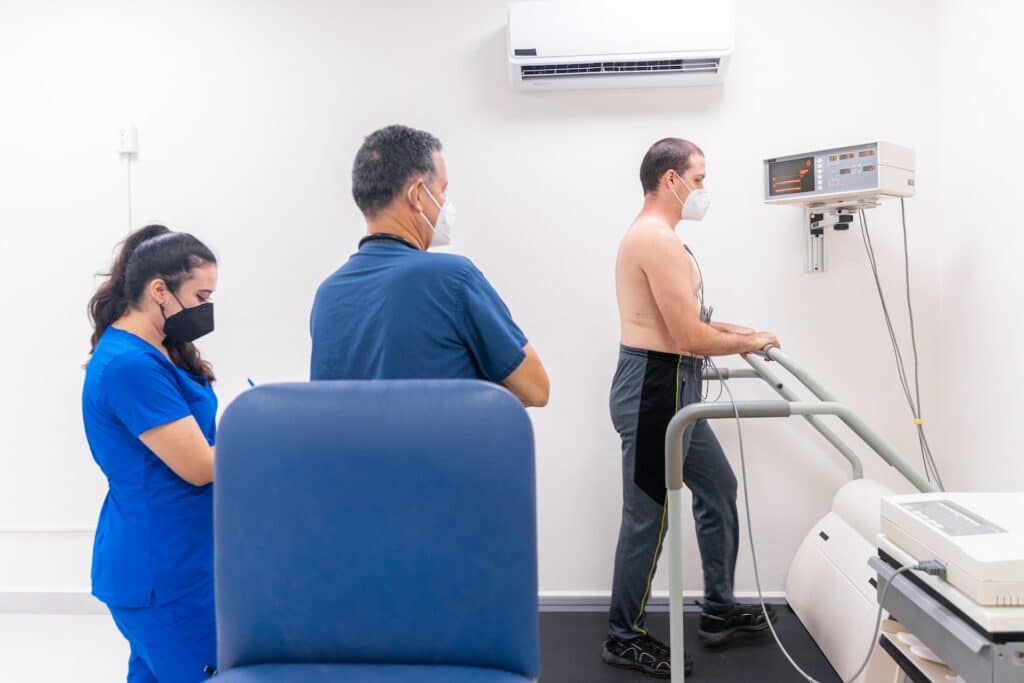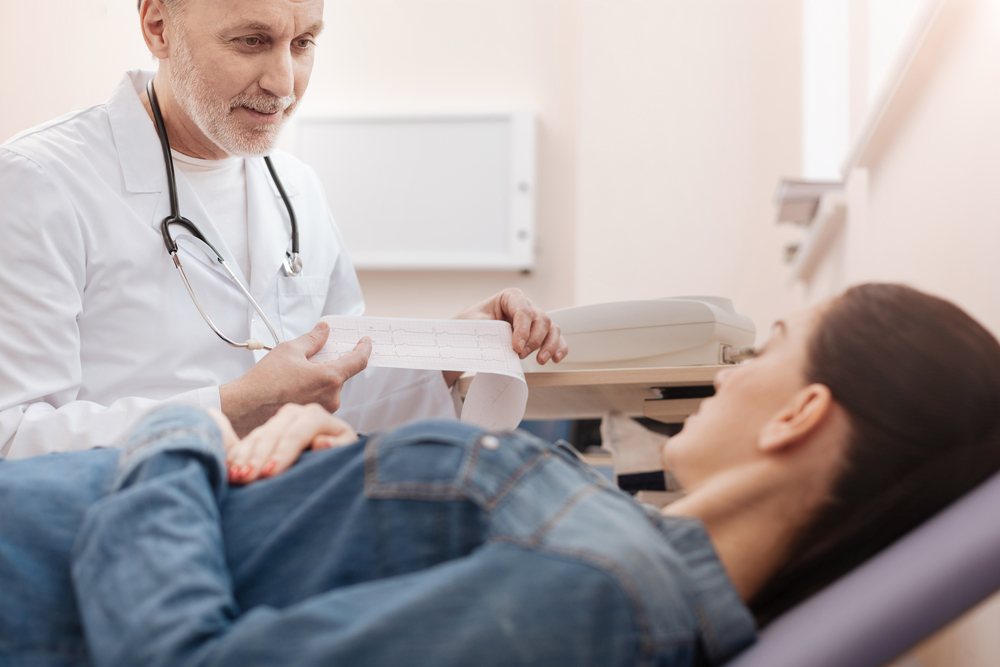When it comes to our heart health, we often don’t know when the right time is to see a cardiologist. Despite regular checkups with a primary care doctor, there may be times when seeking out the expertise of a cardiologist can lead to better outcomes and improved quality of life.
In this article, we’ll explore what situations warrant seeing a cardiologist instead of relying on your GP alone. We’ll also investigate how advancements in technology have helped make diagnosis easier while ensuring that all patients receive the best possible care from qualified professionals.
So join us as we dive into why you should consider consulting with a cardiologist for issues related to your heart health.
Signs and Symptoms of Heart Problems
If you experience any combination of the following symptoms, it may be time to see a cardiologist: chest pain or discomfort, shortness of breath, lightheadedness or dizziness, upper body pain or discomfort in the arms, back neck jaw, or stomach. Other signs that suggest heart problems include fatigue, rapid heartbeat (tachycardia), palpitations (irregular heartbeats), and swelling in your legs and feet. If you have any of these symptoms for more than a few days, it’s important to get them checked out by a qualified professional.
An experienced cardiologist can help diagnose underlying issues with your heart health before they become serious.
Types of Cardiovascular Tests Available

When it comes to cardiovascular tests, there are several different options available. One of the most common is an echocardiogram, which uses sound waves to create images of the heart and its structures.
This test can help detect abnormalities such as valve disease, congenital heart defects, or enlarged chambers. Other types of tests include electrocardiograms (ECGs) that measure electrical signals in the heart to detect irregularities; stress testing to evaluate how well the heart pumps during exercise; and nuclear imaging scans that use radioactive materials injected into your veins to show blood flow through your arteries and veins. Depending on your symptoms and risk factors for cardiovascular disease, you may also need other diagnostic procedures such as cardiac catheterization or angiography.
By seeing a cardiologist regularly for regular checkups and any necessary tests, you can keep track of any changes in your health over time so you can take proactive steps towards maintaining good heart health.
Potential Risks Associated with Cardiac Care
Cardiac care is an important part of leading a healthy lifestyle, however, there are some potential risks associated with seeing a cardiologist. One risk may include increased anxiety and stress due to the anticipation of hearing potentially bad news about one’s health.
Additionally, going through extensive diagnostic tests such as echocardiograms or electrocardiograms can be uncomfortable for some patients and take up time that could have been used differently. Furthermore, depending on what type of treatment a patient needs after visiting their cardiologist they may experience further discomfort from the procedure itself or any necessary medications that come along with it.
Ultimately though, it is important to remember that the benefits of seeking cardiac care far outweigh these potential risks and should not deter anyone from getting the medical attention they need to maintain good heart health.
Preparing for Your Appointment With a Cardiologist

Preparing for an appointment with a cardiologist is essential to ensuring that you get the best care possible. Before you go, make sure to gather all of your medical records and take note of any symptoms or risk factors that may be relevant.
Additionally, it’s important to write down any questions or concerns you have about your heart health so that they can be addressed during your visit. If possible, try to schedule an appointment with a specialist who has experience treating patients in similar circumstances as yourself.
Taking the time to prepare before seeing a cardiologist will ensure that both you and the doctor are well-equipped for the consultation.
Conclusion

Seeing a cardiologist is an important step in maintaining heart health. Kardiologie has developed many techniques to diagnose and treat a wide range of heart conditions, from high blood pressure to coronary artery disease. Regular visits with your cardiologist are essential for staying on top of potential problems early so that treatment can be started before more serious complications arise.
By making regular appointments and following the advice of your cardiologist, you can ensure that you remain healthy and active for years to come.

